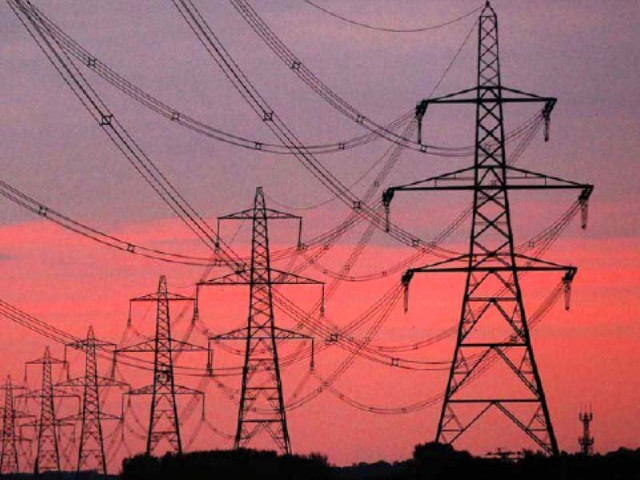ECC members air concern over high electricity cost
Low gas supply mainly behind costly power production

Economic policymakers have aired serious concerns over the high cost of electricity generation by K-Electric (KE) and sought a detailed plan to slash the production cost.
During discussions at a recent meeting of the Economic Coordination Committee (ECC), the Power Division shared comprehensive calculations and justifications for KE’s quarterly tariff revision.
The minister of commerce, while underlining the need for bringing down the cost of generation, asked whether KE had a comprehensive plan in its basket for reduction in the production cost to ease the fiscal burden.
Minister of State for Petroleum Musaddik Malik emphasised that efforts should be made for pushing down the power production cost.
Secretary Power Division informed the meeting that the prime minister had constituted a task force to resolve all pending issues pertaining to KE and a separate committee was working on KE’s expression of interest in running Jamshoro unit-1 on Thar coal.
He revealed that the task force had concluded its recommendations and a roadmap would be presented to the ECC.
According to sources, low gas pressure in supplies coming from Sui Southern Gas Company (SSGC) is one of the reasons for the high cost along with diversion of gas flow to less efficient captive power plants. SSGC had also been providing low gas volumes to KE, which resulted in a rise in the cost of electricity generation.
Recently, in a letter sent to Finance Minister and ECC Chairman Ishaq Dar, the Federal B Area Association of Trade and Industry highlighted the violation of gas allocation policy. The association blamed SSGC for the violation, which left an adverse impact on the people of Karachi in terms of electricity bills.
“It has come to our attention that SSGC is in clear violation of the gas allocation policy, despite the power sector (for Karachi, it is K-Electric) being placed at priority No 2. “The company is not being supplied indigenous gas while influential owners of captive power plants continue to receive 210 mmcfd (million cubic feet per day) of natural gas at Ogra-approved rates of Rs1,100 per mmbtu (million British thermal units) and Rs1,200 per mmbtu,” the association said.
“This violation of the gas allocation policy has resulted in several adverse consequences.”
Firstly, KE is receiving approximately 70 mmcfd of re-gasified liquefied natural gas (RLNG), which has led to increased load-shedding and extraordinarily high fuel charges adjustment (FCA) for the 20 million residents and 25,000 industries of Karachi.
Additionally, there is a significant discrepancy in tariffs, with captive units generating electricity at a cost of Rs14 per unit while the rest of Karachi is being billed at Rs42 per unit (March 2023 bills) due to the consumption of expensive fuels like imported LNG.
Total tariff differential subsidy claim of KE due to the use of expensive RLNG and furnace oil from April 2022 to March 2023 was Rs184,321 million, it claimed, adding that if KE had been given 135 mmcfd of natural gas as decided earlier (cabinet’s decision in 2018), the subsidy would have been reduced to Rs84,410 million.
“This difference of Rs99,911 million not only affects the federal government’s budget but also results in burning of valuable foreign exchange through the imported LNG.”
Furthermore, according to the association, most of the captive power units are highly inefficient and consume approximately 0.30 to 0.36 cubic metres of gas to produce one unit of electricity.
In comparison, KE’s most inefficient plant, Bin Qasim Power Station (BQPS) 1, consumes about 0.24 cubic metres of gas to produce a unit of electricity.
If the same gas is diverted to BQPS 3, it would consume only about 0.13 cubic metres of gas, the association said, but pointed out that “captive power units employ top lawyers and obtain court stays to impede efficiency checks by NEECA (National Energy Efficiency and Conservation Authority).”
Published in The Express Tribune, July 14th, 2023.
Like Business on Facebook, follow @TribuneBiz on Twitter to stay informed and join in the conversation.



















COMMENTS
Comments are moderated and generally will be posted if they are on-topic and not abusive.
For more information, please see our Comments FAQ